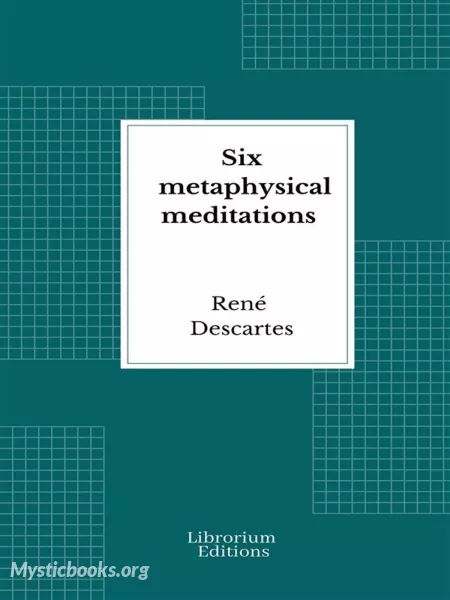
Six Metaphysical Meditations
'Six Metaphysical Meditations' Summary
"Six Metaphysical Meditations" is a philosophical work written by René Descartes, a prominent French philosopher, mathematician, and scientist. Originally published in 1641, the book presents a series of six meditations in which Descartes engages in a profound exploration of metaphysical concepts and philosophical inquiry.
In these meditations, Descartes adopts a method of radical doubt to challenge and question all of his previous beliefs and knowledge. The central conflict driving the narrative is Descartes' quest for indubitable knowledge, seeking to establish a foundation of certainty upon which to build his philosophical system. He begins by doubting everything he knows, including the external world, the senses, and even the existence of God. Through this process of doubt, Descartes arrives at a foundational truth: "Cogito, ergo sum" (I think, therefore I am). This fundamental certainty becomes the cornerstone of his philosophical exploration.
Throughout the meditations, Descartes examines the nature of reality, the existence of God, the distinction between mind and body, and the immortality of the soul. He argues for the existence of God as a perfect being and the guarantor of objective reality. Descartes posits that the mind and body are separate entities, with the mind being non-extended and immortal, while the body is material and perishable.
Descartes' writing style is marked by clarity and logical rigor. He presents his arguments in a systematic and organized manner, building upon each meditation to reach a comprehensive understanding of reality and the self.
"Six Metaphysical Meditations" is a seminal work in the history of philosophy and has profoundly influenced modern philosophical thought. Descartes' emphasis on reason, skepticism, and the search for foundational truths laid the groundwork for rationalism and continues to be a subject of study and contemplation in contemporary philosophy. This work remains a testament to Descartes' intellectual brilliance and enduring legacy as a leading figure in Western philosophy.
Book Details
Language
EnglishOriginal Language
LatinPublished In
1641Genre/Category
Tags/Keywords
Authors

René Descartes
France
René Descartes was a French-born philosopher, mathematician, and scientist who spent a large portion of his working life in the Dutch Republic, initially serving the Dutch States Army of Mauric...
Books by René DescartesDownload eBooks
Listen/Download Audiobook
- Select Speed
Related books
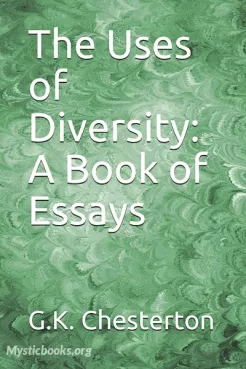
The Uses of Diversity by G. K. Chesterton
Prepare to embark on a mesmerizing intellectual journey that challenges conventional notions and celebrates the boundless wonders of diversity. With a...
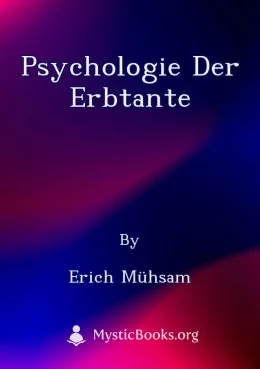
Psychologie der Erbtante by Erich Mühsam
The book "Psychologie der Erbtante" presents a comprehensive examination of the concept of immortality from various perspectives. Through 25 distinct...

Because I Could Not Stop For Death by Emily Dickinson
Emily Dickinson's poem, "Because I Could Not Stop For Death," is a powerful exploration of mortality and the afterlife. Through a metaphorical journey...
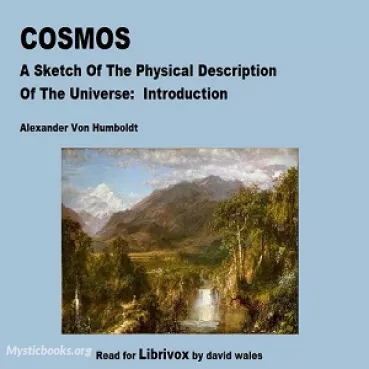
Cosmos: A Sketch of a Physical Description of The Universe: Introduction by Alexander von Humboldt
Embark on a captivating journey through the cosmos with Alexander von Humboldt's groundbreaking work, 'Cosmos: A Sketch of a Physical Description of T...

Marjorie Dean, High School Junior by Jessie Graham Flower
In her Junior year at high school, Marjorie faces a new foe. Rowena Farnham is clever and calculating and her antics threaten Sanford High's beloved b...
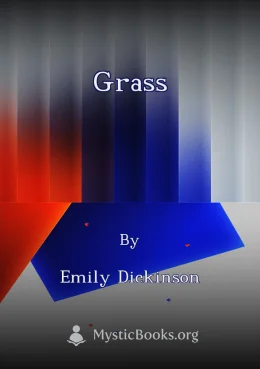
Grass by Emily Dickinson
This poem by Emily Dickinson, simply titled "The Grass," explores the cyclical nature of life and death. Through vivid imagery, Dickinson compares the...
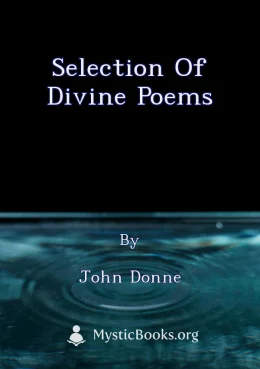
Selection of Divine Poems by John Donne
This collection of John Donne's 'divine poems' offers a profound exploration of theological themes through the lens of his personal experiences. Donne...
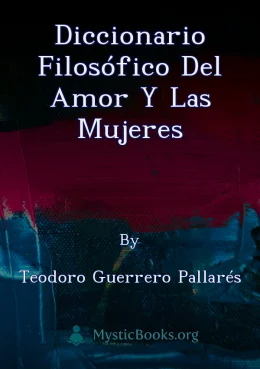
Diccionario Filosófico del Amor y las Mujeres by Teodoro Guerrero Pallarés
This book, written in Spanish, aims to provide men with a deeper understanding of women. It presents philosophical concepts and insights on love, rela...

Successward: A Young Man's Book for Young Men by Edward Bok
The book is aimed at young men and provides practical advice on how to achieve success in various aspects of life, including education, career, relati...
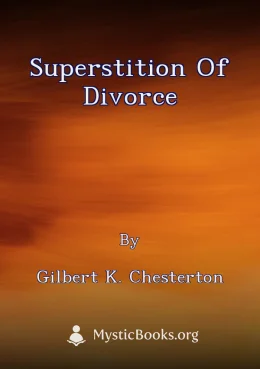
Superstition of Divorce by Gilbert K. Chesterton
In 'Superstition of Divorce,' G.K. Chesterton delves into the societal and moral implications of divorce, arguing against its increasing acceptance in...
Reviews for Six Metaphysical Meditations
No reviews posted or approved, yet...